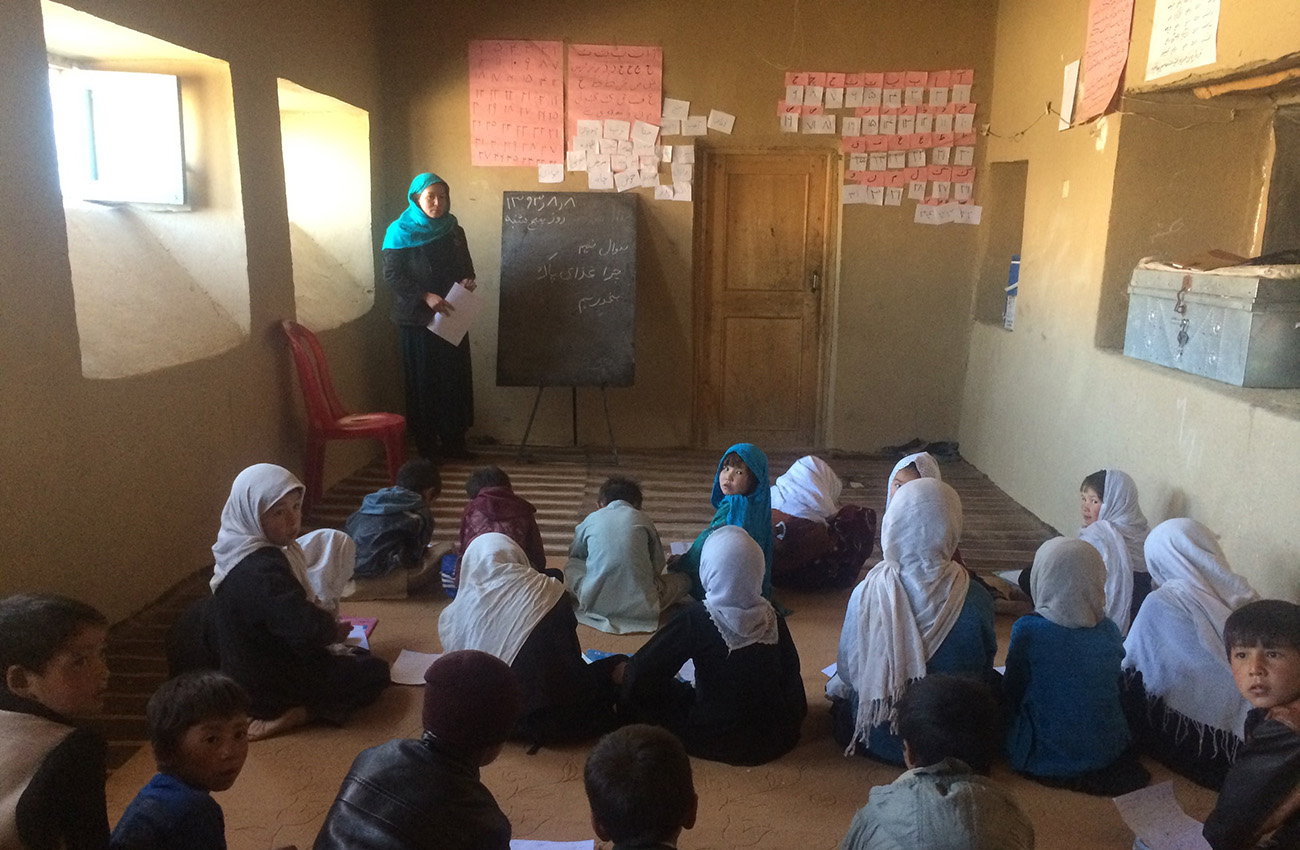Assessment of Learning Outcomes and Social Effects of Community-Based Education (ALSE) Project Releases Phase One Outcomes Report

KABUL, Afghanistan, December 1, 2016 – The Assessment of Learning Outcomes and Social Effects of Community-Based Education (ALSE) Research Project at New York University, operating in partnership with USAID, CRS, and CARE International, has released its Phase One Outcomes report on the assessment of learning outcomes and social effects on community-based education in Afghanistan. Fieldwork was conducted by ACSOR-Surveys in partnership with D3 Systems, Inc.
The study found that offering community-based education (CBE) in remote villages significantly increases educational access, and improves their performance in learning assessments. However, despite improvements in educational access, there is persistent non-attendance among 19.3% of boys and 22% of girls in Afghan villages despite the presence of CBE.
Importantly, adults living in communities with CBE show substantial increases in trust and sense of legitimacy towards public service providers. This effect is not limited to perceptions of NGOs and those directly involved in the CBE program, but also appears to improve perceptions of government legitimacy as well.
The report can be read and downloaded here. For more information, please visit the ALSE website.
This entry was posted on December 1, 2016
Topics: Difficult Research Environments | Impact Evaluation | International Development | Survey Results
